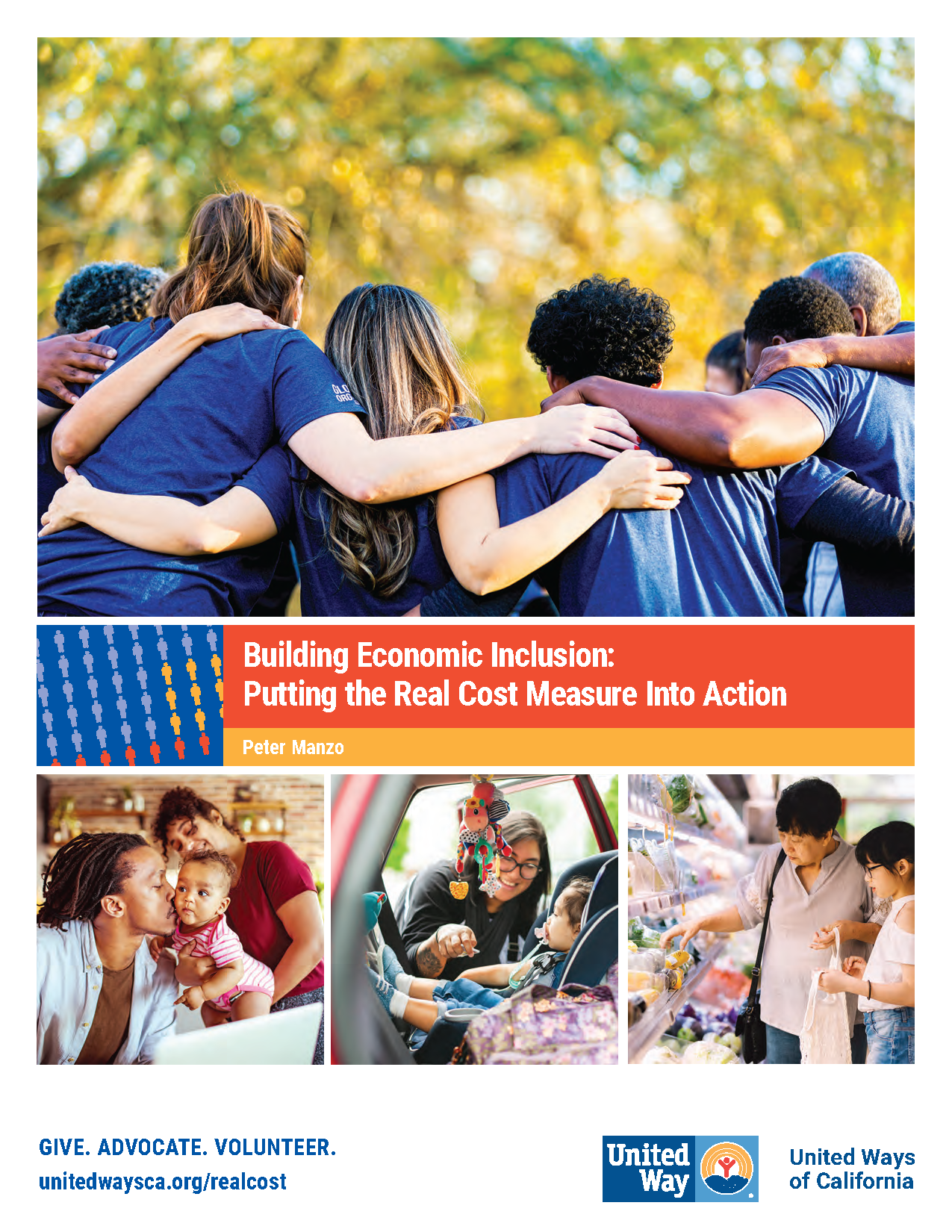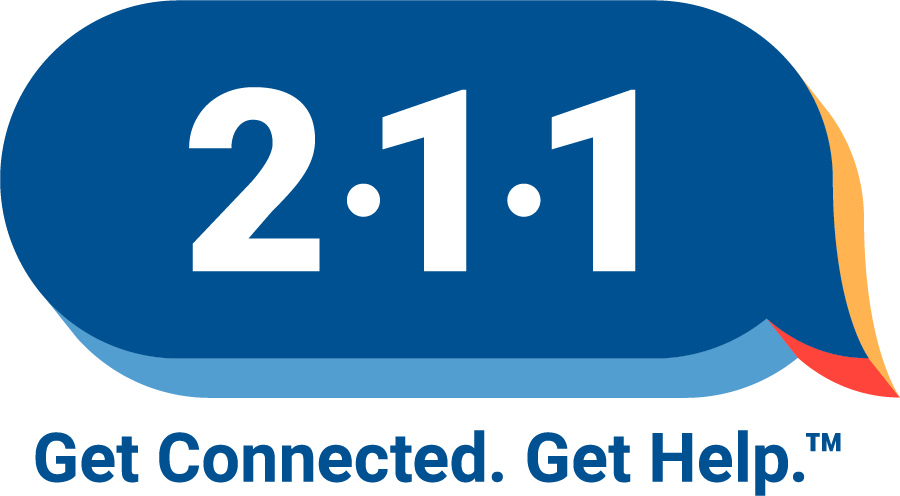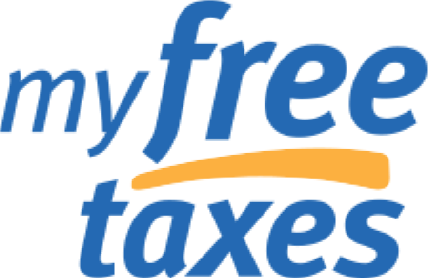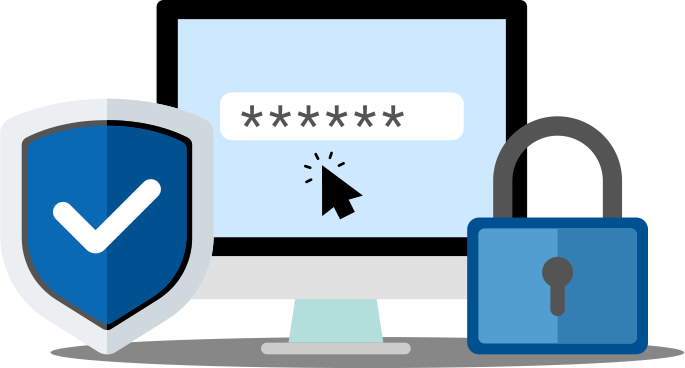Building Economic Inclusion: Putting The Real Cost Measure Into Action

We produce the Struggling to Move Up: The Real Cost Measure in order to enable communities to set a universal goal* for all families – to afford a decent standard of living, to live with dignity and agency – and to see which families struggle, in which communities, so that we, our partners and policymakers can develop strategies targeted to their specific circumstances.
Once we have a clearer picture of which families struggle, the next question is what we can do to help them. How can communities put insights from the Real Cost Measure into action?
Our new brief, Building Economic Inclusion: Putting the Real Cost Measure into Action builds upon the Real Cost Measure by offering suggestions of areas we could address individually and together to help improve the well-being of families below the Real Cost Measure.

At United Way, we believe everyone deserves an opportunity to achieve the building blocks of a good life – a quality education, financial stability, and good health – and we believe that expanding this opportunity is both a core objective and a key strategy to fulfilling our mission.
Unfortunately, for far too many California families – over one in three households in California, representing 3.5 million families – even a modest level of security remains elusive. These struggling families reflect the diversity of California; they come from every household composition, represent every racial and ethnic group, and they overwhelmingly already are working. More information on this and other results from Struggling to Move Up, our Real Cost Measure study, including an executive summary, interactive maps, dashboards, regional profiles and more are available here.
We produce the Real Cost Measure in order to enable communities to set a universal goal for all families – to afford a decent standard of living, to live with dignity and agency – and to see which families struggle, in which communities, so that we, our partners and policymakers can develop strategies targeted to their specific circumstances.
So what can communities do to help these families? Philanthropy is a very important way to help our neighbors and improve our communities – volunteering, funding and providing charitable services to struggling families is one obvious way communities can help – but the highest impact we can create is to change the environment for families to increase the odds they can succeed.
With every release of our Real Cost Measure, from 2015 to the present, we have provided examples of possible options to change the odds at a large scale, and now we’ve added more detail and pulled those suggestions into a companion document, Building Economic Inclusion, available here. We hope this document will assist community groups in making strategic decisions about how to help families move up. Building Economic Inclusion discusses the following major categories:
- Preserve and expand subsidized health coverage
- Provide childcare and preschool for struggling families
- Maximize current income supports such as the earned income tax credit (EITC) and CalFresh
- Help adults level up their education
- Smooth the decline of income supports
- Help families build assets and protect them from payday loans and other predatory financial services
- Integrate and naturalize immigrants
- Increase housing stock and prioritize support for renters
- Make work pay
- Adapt to the changing nature of work
*Setting a universal goal for families of all types, no matter their starting point, a “targeted universalism” approach, is essential to advancing equity and dismantling systemic racial injustice. For more on targeted universalism, an approach pioneered by jon a. powell, founder and director of the Othering and Belonging Institute at UC Berkeley, see https://belonging.berkeley.edu/targeted-universalism.



